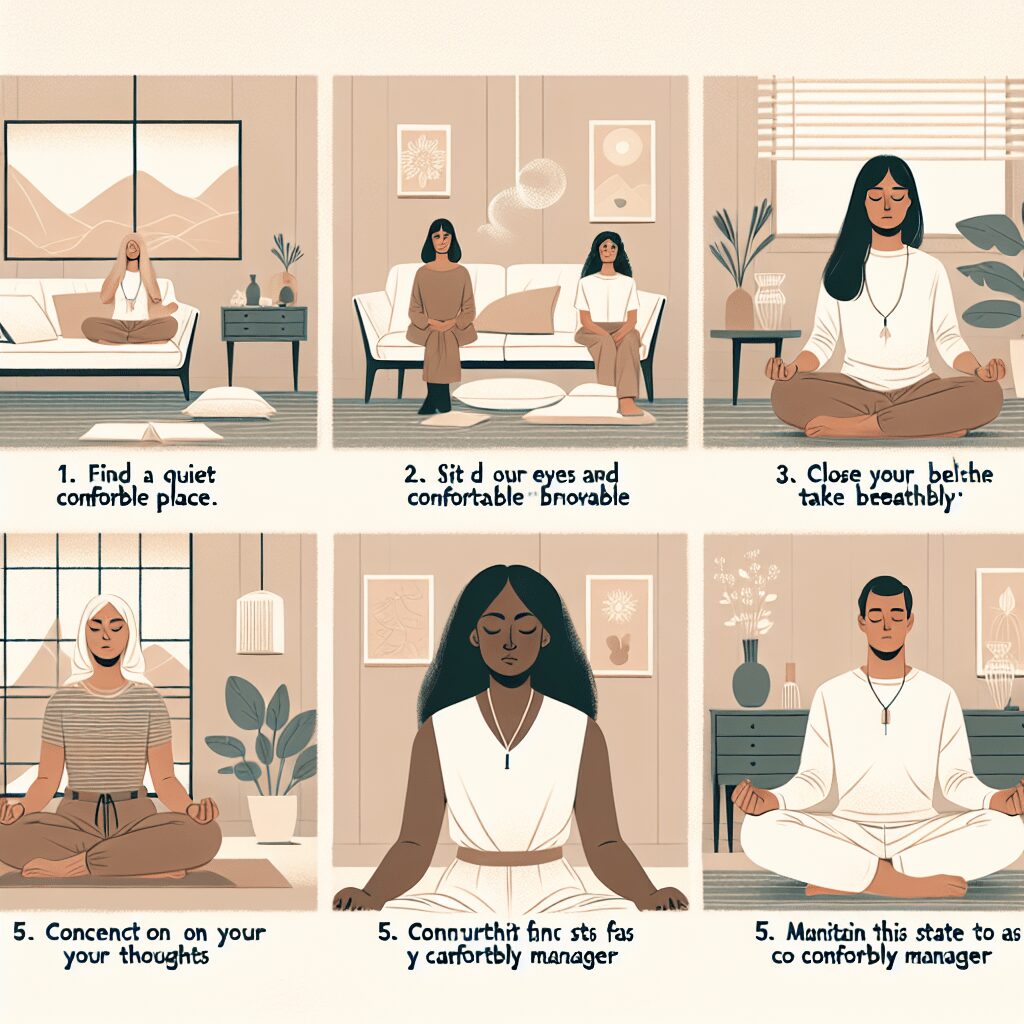
Prioritize your mental well-being daily. Enhance your life by nurturing your mental health with the Smart Meditation app. Break free from stress, alleviate anxiety, and enhance your sleep quality starting today.
Can People With Anxiety Be Cops?
Unlocking the Badge: Can People with Anxiety Wear It?
In the high-stakes world of law enforcement, where split-second decisions can mean the difference between life and death, the question of whether individuals with anxiety can serve as police officers often surfaces. It’s a multifaceted issue, rich with nuance and subject to ongoing debate. However, by peeling back the layers and examining the facts, we can shed some light on this intriguing topic.
Bridging the Gap: Understanding Anxiety in Law Enforcement
First and foremost, it’s crucial to acknowledge that anxiety, in its myriad forms, affects a substantial portion of the population. From the mild, flutter-in-your-stomach type of nervousness to more severe disorders that can cripple one’s ability to function, anxiety is a widespread human experience. But, when it comes to donning the uniform and stepping into the role of a cop, how does anxiety play into the equation?
Navigating the Hiring Process
The journey to becoming a police officer is rigorous, to say the least. Candidates undergo extensive background checks, physical examinations, and psychological evaluations. It’s during these psychological screenings that issues related to anxiety are most likely to come to the fore. The key question here isn’t necessarily whether candidates experience anxiety, but rather how they manage it. Can they perform under pressure? Do they possess coping mechanisms that allow them to maintain composure in crisis situations? These are the kinds of inquiries that shape the decision-making process.
The Reality on the Ground
Let’s not beat around the bush here—policing is a high-pressure gig. Cops are frequently exposed to situations that would set anyone’s heart racing. However, facing these challenges doesn’t automatically disqualify someone with anxiety. In fact, many officers learn to harness their anxious energy, channeling it into heightened alertness and vigilance. The crux of the matter is adaptability and resilience. Communities need police officers who can bounce back, think on their feet, and not let anxiety impede their judgment or performance.
Support Systems and Mental Health Resources
Recognizing the intense nature of their work, many law enforcement agencies have beefed up their support for officers’ mental health. From peer support programs to confidential counseling and resilience training, the aim is to equip officers, including those with anxiety, with the tools they need to thrive. These resources underscore an important acknowledgment: dealing with mental health challenges, including anxiety, doesn’t preclude one from serving effectively as a police officer.
In Summary: The Verdict
So, can people with anxiety be cops? The answer is not a simple yes or no. It’s a qualified “yes,” contingent on several factors, including the severity of one’s anxiety, their coping mechanisms, and the support systems in place. Certainly, there are challenges, but with the right strategies and resources, individuals with anxiety can, and do, serve as capable, compassionate, and competent law enforcement officers. Policemen and women are, after all, human. Facing and overcoming personal hurdles only adds layers to their strength, empathy, and ability to protect and serve with distinction.





